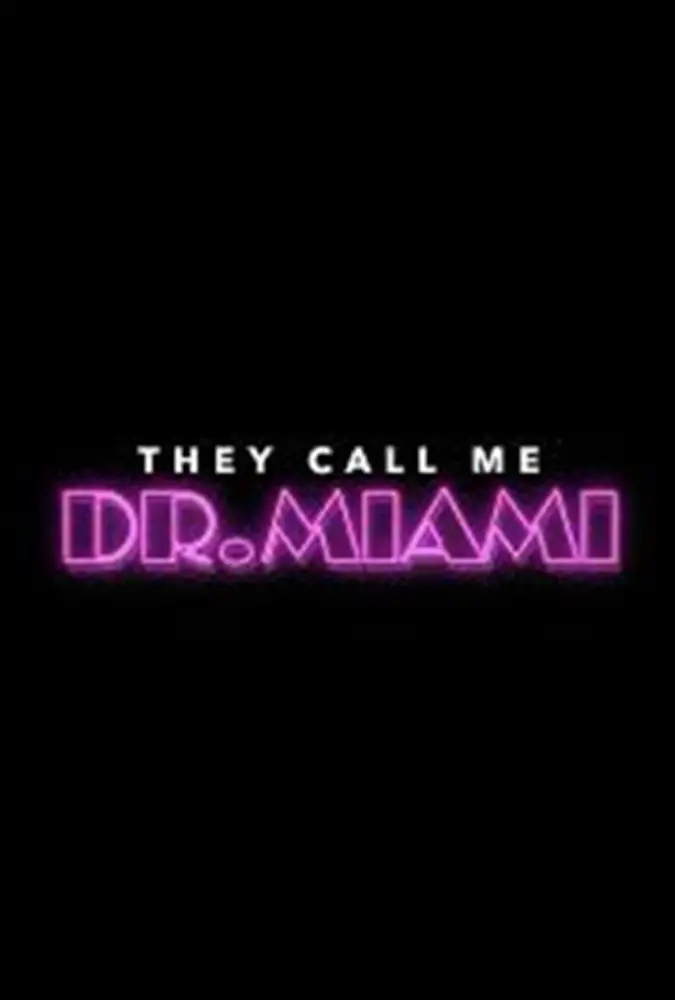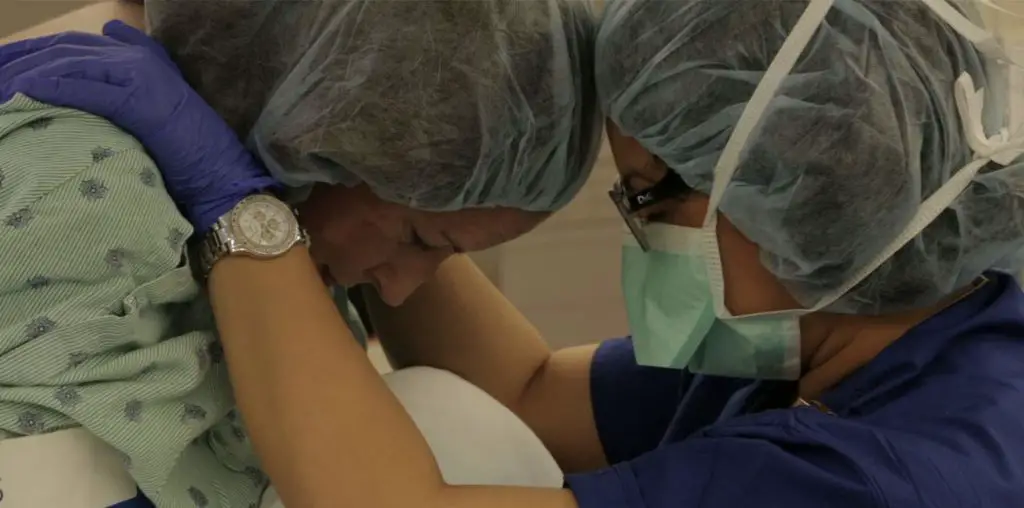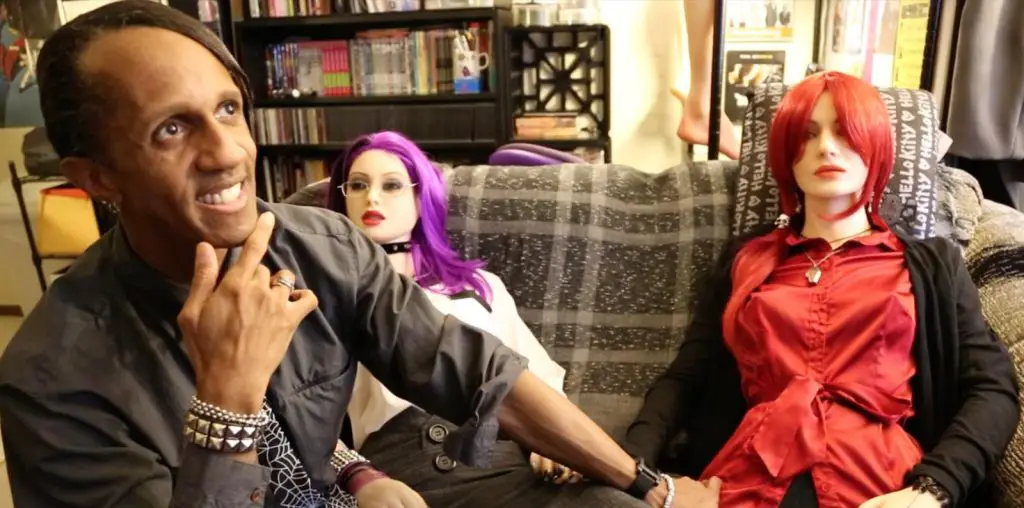
At some point, he debates with a rabbi about whether plastic surgery and the act of altering the body God gave one is fundamentally right or wrong. It turns into an interesting discussion about how the first thing that happens to a human in some religions is an alteration of that body for the greater good, i.e., circumcision. He is then performing this operation on a baby. We do not get close enough to see anything but feel for this crying boy. This scene was one of many showing the strong dichotomy between Salzhauer’s religion and business. Yet, it is not hard to see why the doctor is the way he is, and, in the end, this dual persona seems almost reasonable.
It’s strange that in the era of “reclaiming my body,” there is still a need to point fingers at plastic surgery aficionados. Nevertheless, Dr. Miami mentions that people are becoming less and less ashamed to say they had work done. It is now something people talk about without taboo. And, he is right when arguing that if it makes you feel good, why should others care. The problem arises when these new body types become the go-to for millions of women or girls, sometimes barely teenagers, who might somehow be brainwashed by social media and music videos; like the ones he has appeared in. Fun fact: his name is often used in hip hop lyrics as a synonym for plastic surgery! That’s how influential he is. But the documentary makes sure to highlight the fact that, contrary to popular belief, the majority of the young ladies doing these plastic surgeries truly wanted it. One participant even states that, for some of them, it is something they always wanted since they were children.

“…makes sure to highlight the fact that, contrary to popular belief, the majority of the young ladies doing these plastic surgeries truly wanted it.”
On the other hand, They Call Me Dr. Miami shows that this business should very much be everyone’s business when it becomes a health hazard, and people die. Most procedures might be anodyne for an expert like Dr. Miami, but there is always a risk, so people should not take these life-altering decisions lightly. The film does not take sides. It is easy to root for the doctor because he is not doing anything wrong; neither are his disciples and followers preaching his gospel. Nor the people going under the knife; they are just going about their lives trying to be happy. But the problem lies with society, and by extension, social media, and, chiefly, bad doctors. These alleged “surgeons” are butchering and killing people by luring naive folks with big promises and even lower prices. Like always, we are our own enemy.
As Salzhauer rightfully points, it will be hard to sell or explain plastic surgery without showing bodies or imageries considered obscene/not suitable for youngsters. So, exposed here are the kind of fun lifestyles and flashiness that generally make for fascinating stories and shows. But unlike, say, Generation Wealth, They Call Me Dr. Miami keeps it pretty low-key and that maybe is a minor fail considering the density of the subjects, the opulence of the setting, and the too-much aspect of the whole. They keep it short and tight where they probably could have gone the “Tiger King way.”
They Call Me Dr. Miami premiered at the 2020 Miami International Film Festival this weekend April 25 and 26 at Miami Film Festival’s Virtual Festival Screening Room for a 48hr period, available worldwide at miamifilmfestival.com

"…his name is often used in hip hop lyrics as a synonym for plastic surgery!"


